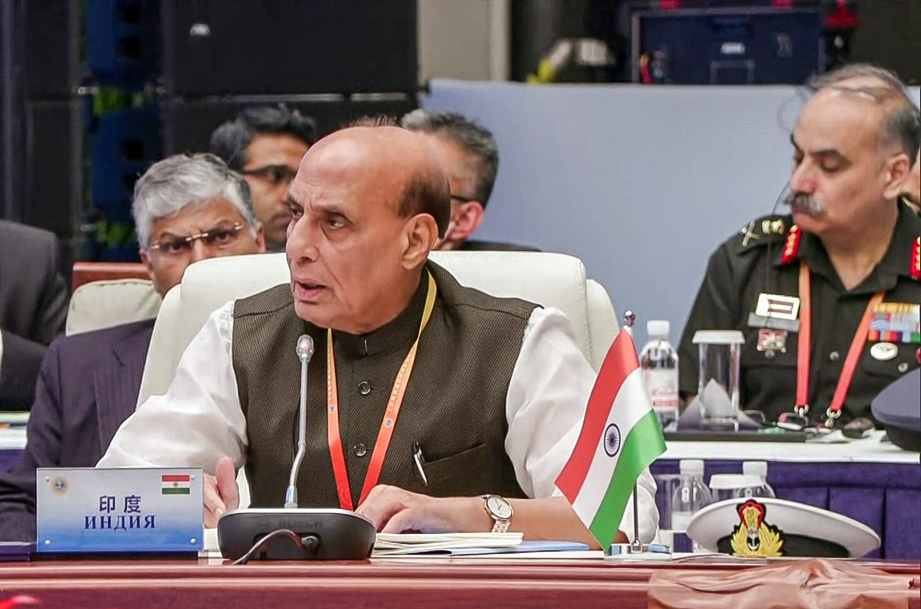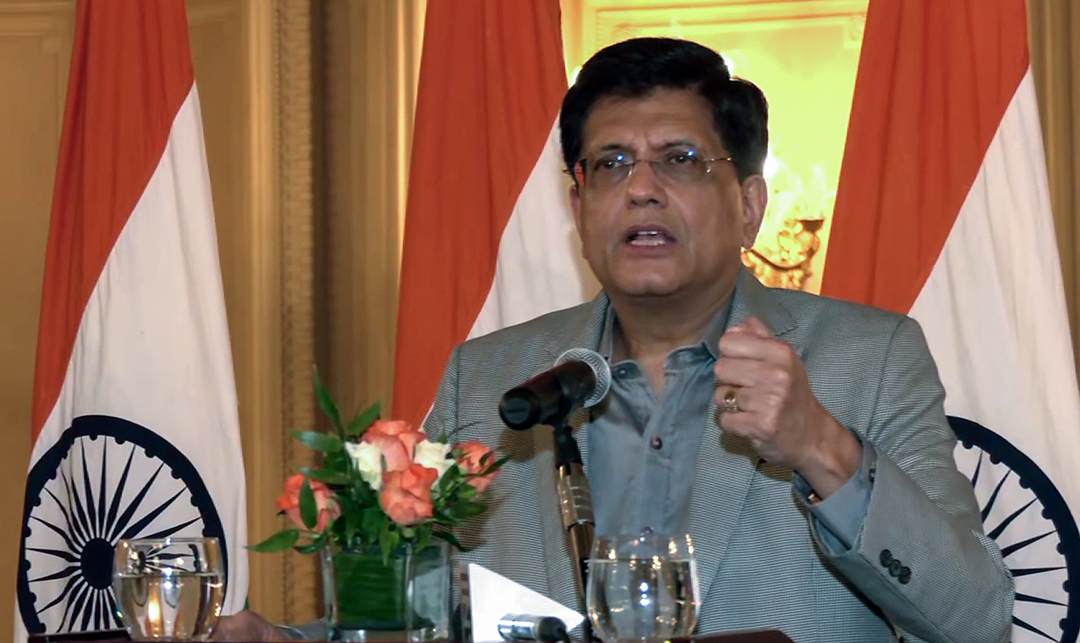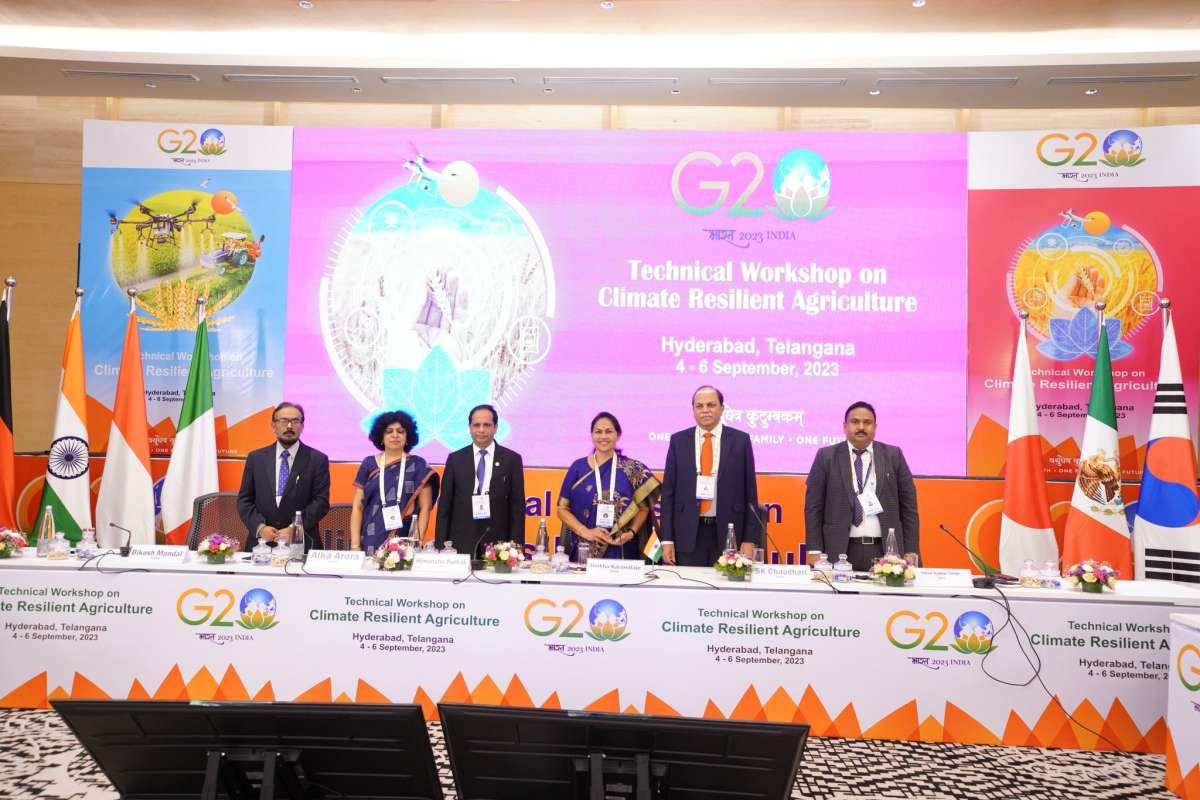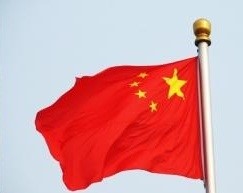Australia and South Korea each emit over three times the global average and more than twice the G20 average, surpassing even China, the US, and Japan….reports Asian Lite News
Australia and South Korea stood out as the top two coal power polluters per capita among the G20 in 2022, an unchanged status since 2020, a new analysis by global energy think tank Ember said on Tuesday.
Australia and South Korea each emit over three times the global average and more than twice the G20 average, surpassing even China, the US, and Japan.
This is despite declines in per capita coal power emissions across more than half of the G20 economies.
In 2022, 36 per cent of global electricity was powered by coal which emitted 8.4 million tonnes of carbon dioxide emissions (tCO2), equivalent to 1.1 tonnes of CO2 emitted by every person worldwide.
Growing wind and solar are helping to reduce coal power emissions per capita in many G20 countries.
Britain saw the most significant decline in coal power emissions per capita in the last seven years, dropping by 93 per cent and bringing it far below the global average, followed by France (minus 63 per cent), Italy (minus 50 per cent), and Brazil (minus 42 per cent).
The top two polluters, Australia and South Korea, also had their per capita coal emissions fall by 26 per cent and 10 per cent respectively since 2015 as a result of growing clean power generation. But it’s not yet enough to push them down the ranks and close to the global average.
Continued reliance on coal power led Australia to emit more than 4 tCO2 per individual and South Korea over 3 tCO2 per individual in 2022. This is approximately three times the global average of 1.1 tonnes of carbon dioxide.
However, mature economies like Australia and South Korea should be targeting a coal power phase-out by 2030, according to the International Energy Agency (IEA).
Other coal-dependent G20 countries also experienced notable rises in per capita emissions in the past seven years, including Indonesia (plus 56 per cent), Türkiye (plus 41 per cent), China (plus 30 per cent) and India (plus 29 per cent), as a result of rapidly growing demand outpacing the growth in clean generation.
Overall, G20 per capita emissions have shown minimal changes since 2015. Ember’s Global Insights Lead, Dave Jones, said: “China and India are often blamed as the world’s big coal power polluters. But when you take population into account, South Korea and Australia were the worst polluters still in 2022.
“As mature economies, they should be scaling up renewable electricity ambitiously and confidently enough to enable coal to be phased out by 2030.”
Polly Hemming, Director of the Australia Institute’s Climate & Energy program, said: “Australia is a world champion for all the wrong reasons. We’re not only the world’s third largest fossil fuel exporter, we’re first in the world when it comes to coal emissions per capita, and are becoming increasingly isolated globally in our reliance on coal.
“Even as Australia’s latest emissions data shows just how much work there is to do to meet our climate targets, the conversation is not about a rapid transition away from coal-fired power, it’s about how to delay the closure of our coal power stations further.”














